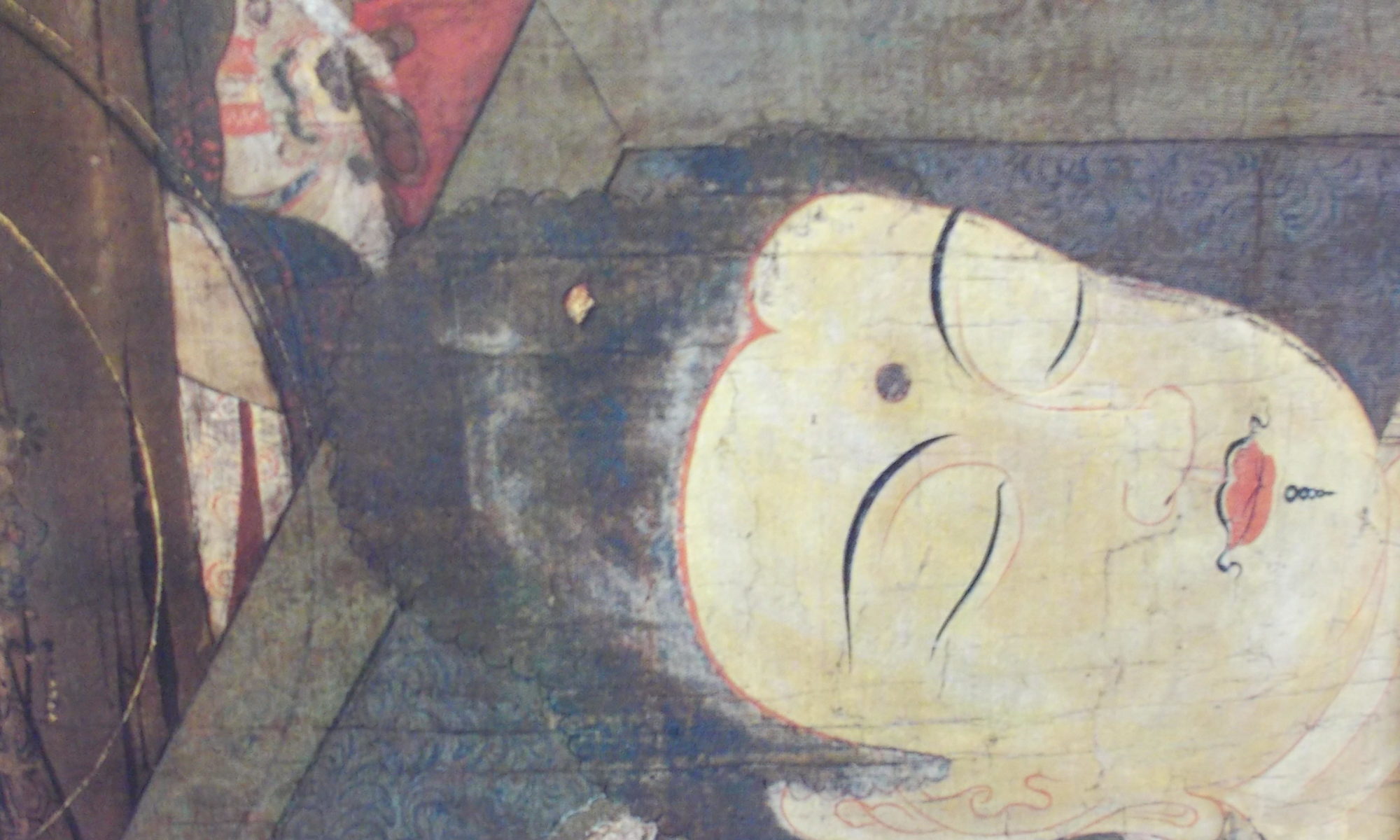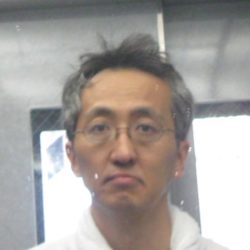Why must not steal? Why must not kill?
The moral simple question which especially a child and youth hold vaguely exists.
One of the appropriate replies to the question can be found out from Buddhist literature, Samyutta Nikaya.
The Buddha is the Awakened One , or the Enlightened One.
Buddha is explained as follows.
“The person who did the act which deprived of the thing of the others will encounter the fate of which are deprived in the future or next world after death, those who kill others are killed from others in future or next world after death, and those who blame others incur resentment from others in future or next world after death , and those who speak ill receive speaked ill from others in future or next world after death and those who get angry will took receive anger from others in future or next world after death .
A fool considers it natural that there is no reward of evil, while a reward of evil does not fruit. However, when a reward of evil fruits, a fool considers receives suffering.”
The Buddha preached that violence is wrong in Dhammapada.
Dhammapada is the Buddhism literature , or the Buddhism sutra.
The Buddha preached about violence as follows.
「All tremble at violence;
All fear death.
Seeing others as being like yourself,
Do not kill or cause others to kill.
All tremble at violence;
Life is dear for all.
Seeing others as being like yourself,
Do not kill or cause others to kill.
You who seeking own happiness punish or kill beings who also long for happiness, will not find happiness after death.
You who seeking own happiness does not punish or kill beings who also long for happiness, will find happiness after death.
The Buddha is the Awakened One, or the Enlightened One. Sutta-Nipata is one of the Pali Canon. Pali Canon is Buddhism Literature.
The Buddha preached about mercy (benevolence,compassion) as follows in Sutta-Nipata.
“Whatever living beings there are, either feeble or strong, all either long or great ,middle-sized, short , small or large,Either seen or which are not seen , and which live far (or) near, either born or seeking birth , may all creatures be happy-minded.”
“As a mother at the risk of her life watches over her own child, her only child, so also let every one cultivate a boundless (friendly) mind towards all beings.
And let him cultivate goodwill towards all the world,a boundless (friendly) mind, above and below and across ,unobstructed, without hatred, without enmity.
Standing , walking or sitting or lying, as long as he be awake,let him devote himself to this mind ; this (way of) living they say is the best in this world.”
Buddha preached about sacrifice festival of animals as follows in Sutta Nipata.
「(Above sentence abbreviation ) The cows, that are like goats, do not hurt any one with their feet or with either of their horns, they are tender,and yield vessels (of milk)-seizing them by the horns the king caused them to be slain with a weapon.Then the gods,the forefathers, Inda,the Asuras, and the Rakkhasas cried out:“This is injustice ” because of the weapon falling on the cows.There were formerly three diseases:desire,hunger,and decay,but from the slaying of cattle there came ninety-eight.This injustice of (using) violence that has come down (to us), was old ; innocent (cows) are slain,the sacrificing(priests) have fallen off from the Dhamma. So this old and mean Dhamma is blamed by the wise;where people see such a one,they blame the sacrificing priest.So Dhamma being lost ,the Suddas and the Vessikas disagreed, the Khattiyas disagreed in manifold ways,the wife despised her husband. (A next sentence omits.) 」
Why must not do a wicked act ?
One of the appropriate replies to the question can be found out from Buddhist literature.
Buddha preached as follows in Dhammapada.
“If a man commits a sin,let him not do it again;let him not delight in sin:pain is the outcome of evil.”
“Even an evil-doer sees happiness as long as his evil deed has not ripened;but when his evil deed has ripened, then does the evil doer see evil.”
“Let no man think lightly of evil,saying in his heart,It will not come nigh unto me. Even by the falling of water-drops a water-pot is filled;the fool becomes full of evil,even if he gather it little by little.”
“If a man offend a harmless,pure,and innocent person,the evil falls back upon that fool,like light dust thrown up against the wind.”
“Some people are born again;evil-doers go to hell;righteous people go to heaven;those who are free from all worldly desires attain Nirvana.”
The Buddha is the Awakened One, or the Enlightened One. Dhammapada is one of the Pali Canon, Pali Canon is the Buddhism literature. The Buddha preached as follows in Dhammapada.
“If a man offend a harmless, pure, and innocent person, the evil falls back upon that fool, like light dust thrown up against the wind.”
“He who inflicts pain on innocent and harmless persons will soon come to one of these ten states.
He will have cruel suffering, loss, injury of the body, heavy affliction, or loss of mind, or a misfortune coming from the king, or a fearful accusation, or loss of relations, or destruction of treasures, or lightning-fire will burn his houses, and when his body is destroyed, the fool will go to hell.”
“An evil deed, like newly-drawn milk, does not turn(suddenly), smoldering, like fire covered by ashes, it follows the fool.”
Gautama Buddha is the founder of Buddhism.
He was born in the 6th century BCE as Prince Siddhartha Gautama of the Shakya clan , rulers of a small kingdom in present-day Nepal. As a youth , he confronted the realities of sickness , old age , suffering , and death , he determined to find a way out of the pain that seemed a universal aspect of life. At the age of 29 , he gave up his royal life , left home to become a wandering ascetic, and seeking to find the way in traditional religious disciplines , denying himself everything but the necessities.
However he did not find satisfaction.
After six years, while meditate , he is lost in deep contemplation sitting under a tree one evening , he achieved complete enlightenment, became a Buddha at the age of 35 after all.
He then spent the rest of his life teaching what he had realized ,guiding his followers monastic and lay on the path to spiritual awakening ,until his death at the age oh 80.
The Buddha (Tathagata,Arahat) is the Awakened One,or the Enlightened One.Dhammapada is one of the Pali Canon.Pali Canon is Buddhism Literature.
The Buddha preached about summary of Buddhism as follows in Dhammapada.
“Not to commit any sin,to do good ,and to purify one`s mind ,that is the teaching of (all) the Awakened.”(Dhammapada No.183)

